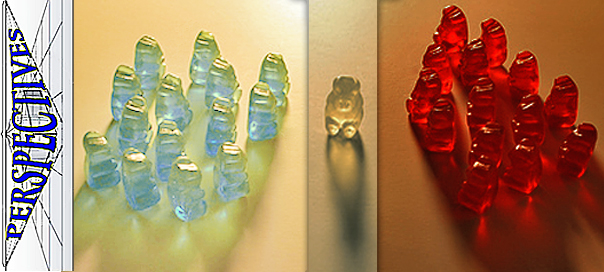
OPINION – Most people today have never heard of the Syntopicon. But when the Great Books of Western Civilization were compiled and published nearly 60 years ago, it was the crowning achievement.
Covering nearly 3,000 years of Western thought, the Syntopicon contains over 163,000 references to every idea and topic within the Great Books. Compiling the references alone took over 400,000 man hours to accomplish but it is an amazing and timeless resource.
Two of the most significant topics that mankind has regularly explored over the past three millennia are good and evil.
Strangely, in our day, there is a growing tendency to pretend that good and evil are simply outdated superstitions of a primitive past. How strange that so many great minds over thousands of years would have been afflicted with the same delusion.
The truth is that good and evil still are relevant topics in our day.
What seems to be missing in our time is the comprehension that not only do good and evil exist, but that each of us has a personal stake in the battle. This doesn’t mean that we all don priestly garb and go forth smiting evil, but it does recognize that we each play a role in how evil comes into the world.
Alexander Solzhenitsyn explained this beautifully in The Gulag Archipelago when he wrote:
Gradually it was disclosed to me that the line separating good and evil passes not through states, nor between classes, nor between political parties either – but right through every human heart – and through all human hearts. This line shifts. Inside us, it oscillates with the years. And even within hearts overwhelmed by evil, one small bridgehead of good is retained. And even in the best of all hearts, there remains … an unuprooted small corner of evil.
Since then I have come to understand the truth of all the religions of the world: They struggle with the evil inside a human being (inside every human being). It is impossible to expel evil from the world in its entirety, but it is possible to constrict it within each person.
The idea that each of us has the ability to prevent evil from entering the world through us personally means that we each possess a degree of influence. This means that through our decisions – big and small – we determine whether good or evil is allowed to flourish.
So many of our laws and policies are based on the presumption that controlling the flaws of others is the key to promoting good. But controlling others too often becomes the basis for unjust and tyrannical laws that perpetuate a different kind of evil that afflicts everyone instead of providing justice. We become a legalistic society that allows the letter of the law to define our moral boundaries. But this comes at the cost of ignoring our noblest instincts while trying to duck personal responsibility.
It also ignores that fact that man-made laws cannot alter reality. Joseph Sobran explained, “Numbers can’t overrule principles, and complications don’t change axioms. No human authority can make right what is wrong in its essence.”
Too many people equate legal with lawful when they are not the same thing. They forget that the greatest atrocities done by man were usually matters of public policy.
Solzhenitsyn took a much more personal approach to solving the world’s problems, he recommended that we first put our own hearts in order. Here’s how he put it:
You can resolve to live your life with integrity. Let your credo be this: Let the lie come into the world, let it even triumph. But not through me.
This denotes an active rather than passive approach to how we live our lives. It requires a personal sense of responsibility to be an active force for good in all things – big or small. It means that each of us has a role to play that will make a real and lasting difference if we choose to accept it. But it starts with remembering that the line between good and evil passes through our hearts too.
Using our influence wisely will improve us as individuals and, thanks to the power of example, it will absolutely improve the world around us.
Bryan Hyde is a news commentator and co-host of the Perspectives talk show on Fox News 1450 AM 93.1 FM. The opinions stated in this article are his and not representative of St. George News.
Email: [email protected]
Twitter: @youcancallmebry
Copyright St. George News, SaintGeorgeUtah.com LLC, 2013, all rights reserved.

I am not sure that a real and lasting difference is what Solzhenitsyn was talking about when he makes that statement. The reason I say that is because over and over again in the Gulag he points out that the greatest integrity that the overwhelming millions who fell prey to it could muster was to meet death courageously in complete obscurity, helpless, hopeless, unloved and disgraced. Deeply buried in August 1914 (the first volume of the Red Wheel (which, by the way, is easily the greatest novel ever written)) lies Solzhenitsyn’s sorta biography of a truly great, and tragic statesman, Pyotr Stolypin. That account is the most vivid picture Solzhenitsyn’s whole philosophy on life and government that I have read to date….well that and the philosophy of the Final Inch, which lies buried in the First Circle…